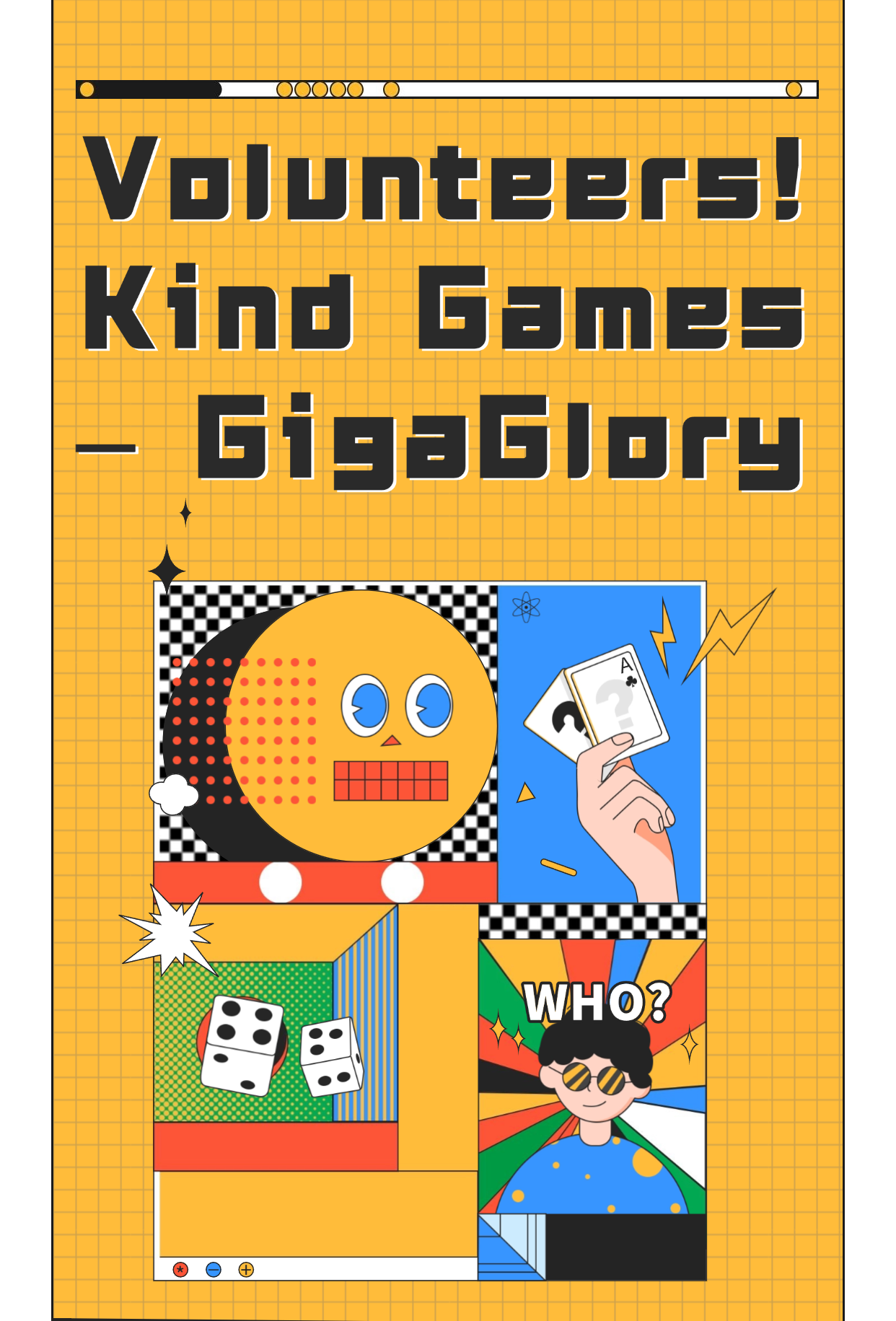From RPG Games to Hyper Casual Phenomena: Exploring the Evolution of Gaming Experiences
Gaming has come a long way from the days of console cartridges to the immersive worlds of RPGs and the quick, fun experience offered by hyper casual games. This journey not only reflects technological advancements but also changes in player preferences and gaming culture. In this article, we'll explore the evolution of gaming experiences that led to the rise of hyper casual games, with a special look into RPG games, the Rat Kingdom lock puzzle, and some helpful tips like cheats for Delta Force.
The Birth of RPG Games
Role-Playing Games (RPGs) emerged in the late 20th century as a pioneering genre that allowed players to step into the shoes of characters in vast, imaginative worlds. Titles like "Dungeons & Dragons" set the stage for computer-based RPGs, lending structure and story-driven gameplay. Players could engage in quests, build skills, and develop narratives based on their choices.
RPGs vs. Hyper Casual Games
RPGs, with their intricate worlds and storytelling, stand in stark contrast to hyper casual games, which prioritize quick play sessions and instant gratification. While RPGs require dedication, focus, and time investment, hyper casual games draw players seeking swift gameplay and easy mechanics. But how did this shift happen?
Technological Advancements Driving Game Evolution
The technological advancements have been pivotal in shaping gaming. With the rise of smartphones and app stores, developers found a new platform for their creations. This accessibility paved the way for hyper casual games, allowing players to download and enjoy bite-sized games anytime, anywhere.
A Closer Look at Hyper Casual Games
Hyper casual games are characterized by simple mechanics, easy-to-understand gameplay, and the ability to play without a steep learning curve. They often feature one-tap control schemes, appealing visuals, and addictive gameplay loops. Popular examples include titles like "Helix Jump" and "Mr. Bullet."
Why Are Hyper Casual Games So Popular?
So what makes hyper casual games a worldwide sensation? Here are some key points:
- Accessibility: Anyone can pick up and play without prior experience.
- Short Play Sessions: Players can enjoy quick gameplay during breaks or while commuting.
- Social Features: Many of these games include sharing features or competition with friends, enhancing engagement.
- Freemium Models: Most hyper casual games are free to download, making them widely accessible.
Shifting Player Preferences and Cultural Trends
As society evolves, so do our entertainment habits. One of the biggest cultural shifts in recent years has been the preference for games that fit into our ever-busy lives. The rise of mobile gaming has shifted player demographics to those who seek short and engaging experiences that can be enjoyed without the commitment of traditional gaming.
The Influence of RPG Elements in Modern Gaming
Even within hyper casual games, we can see traces of RPG elements sneaking in. For instance, the Rat Kingdom lock puzzle incorporates problem-solving and narrative-driven gameplay, offering a taste of RPG mechanics in a more accessible format. This fusion appeals to both veteran gamers and newcomers alike.
Cheat Codes and Gaming Nostalgia
Part of the RPG experience that lingers in many players’ minds is the nostalgia connected with cheat codes. The origins of cheat codes can be traced back to early RPGs, where players sought to enhance their gameplay experience. Cheats such as cheats for Delta Force gave users the ability to unlock hidden features or make gameplay easier, creating memorable moments. This element of surprise and excitement is often missing from hyper casual games, where clear rules and limited mechanics take center stage.
How the Industry Guides Marketing Strategies
The evolution from RPG to hyper casual games has not only affected gameplay mechanics but also marketing strategies within the gaming industry. Developers are now focusing on reaching broader audiences by creating games that can be marketed through social media and viral content.
Future of Gaming Experiences
As technology continues to advance, the lines between the different genres may blur even further. We may see more hyper casual games incorporating depth and narrative elements, while RPGs might simplify their mechanics to attract more players. The future of gaming experiences looks promising, as developers continue to innovate and cater to the preferences of gamers around the world.
Conclusion
From the deep, immersive experiences found in RPG games to the quick, addictive gameplay of hyper casual genres, the gaming landscape has transformed drastically. Understanding these changes not only helps players appreciate the variety of games available but also invites discussions about what the future might hold. Whether you’re immersing yourself in a sprawling RPG adventure or enjoying a quick lock puzzle during your break, the essence of gaming remains: fun, creativity, and a shared experience.



